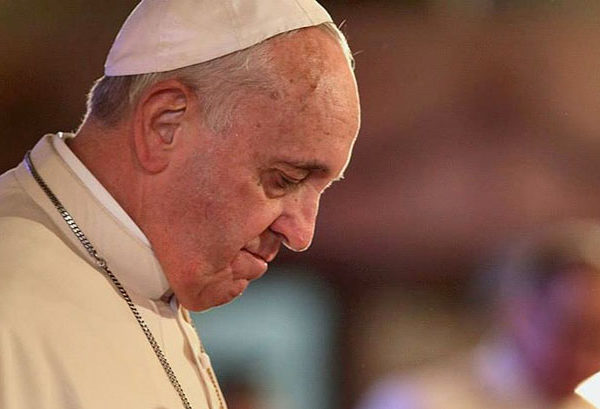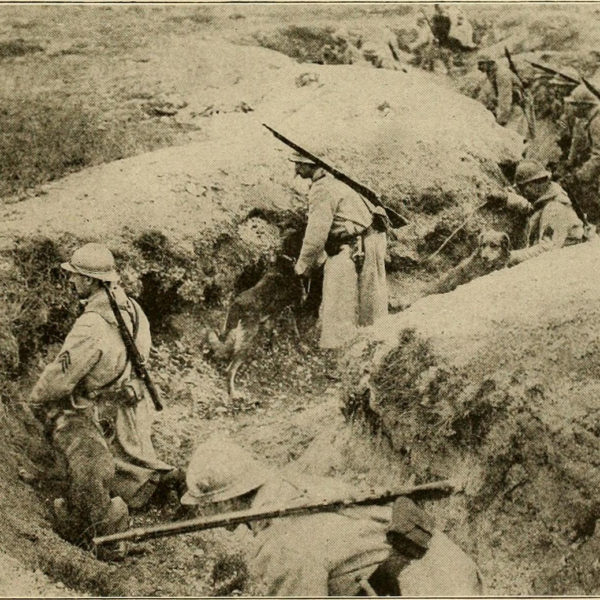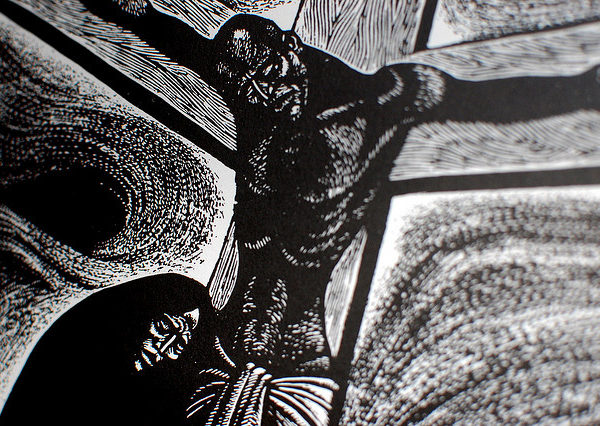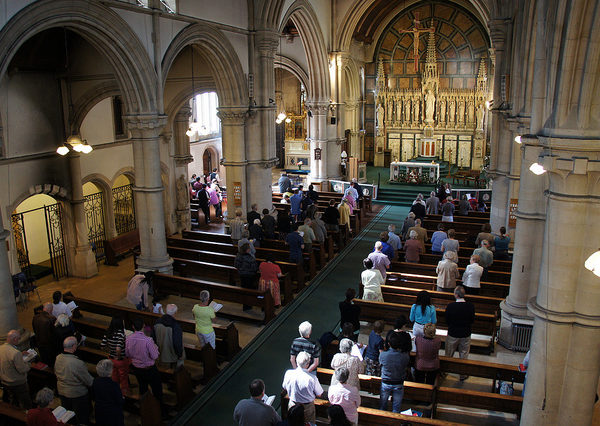
Justice fails where civil law and order are privileged over peoples’ ability to determine their destiny by confronting affronts to their dignity by legitimate powers. Let me offer two examples. I confess I am still in love with the Occupy Movement (OWS).

Within Christian traditions, one may be met with this provocative question: does “political theology” or “social ethics” sponsor liberative practices oriented towards human flourishing? Interestingly, the framing of this question requires one to choose a side. One must argue that either political theology or social ethics is poised to address the myriad theo-ethical issues we face, particularly issues of difference, pluralism, and alterity. I believe that this is a false framing of the question.

The Ethics section of the American Academy of Religion has organized an important panel investigating the question “Which is it – Political Theology or Social Ethics? And Does It Matter?” at next week’s Annual Meeting in San Diego. We invited the four panelists to contribute preliminary essays on this theme for discussion here, and three have been able to contribute: Ted Smith of Emory University, Keri Day of Brite Divinity School, and M.T. Davila of Andover Newton Theological School. We will be posting these over the next several days, beginning with Ted Smith’s.








